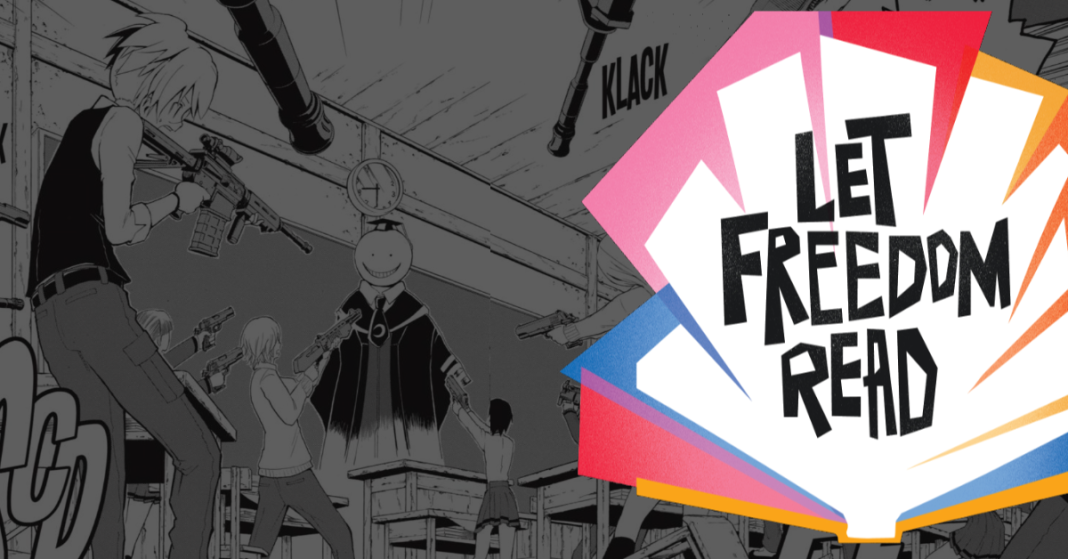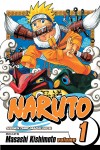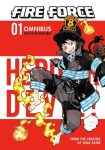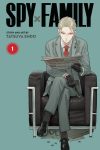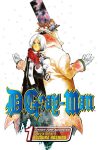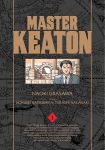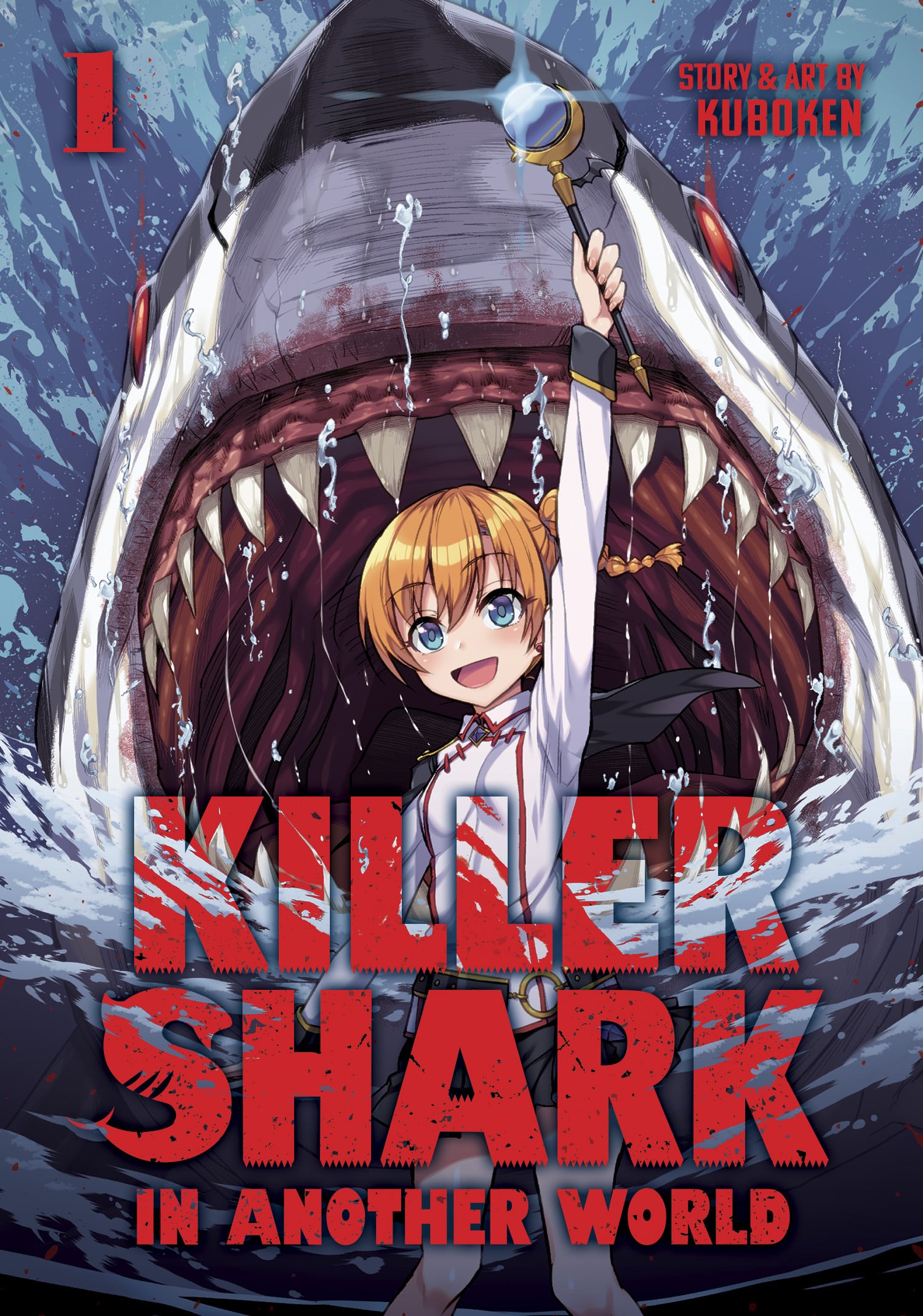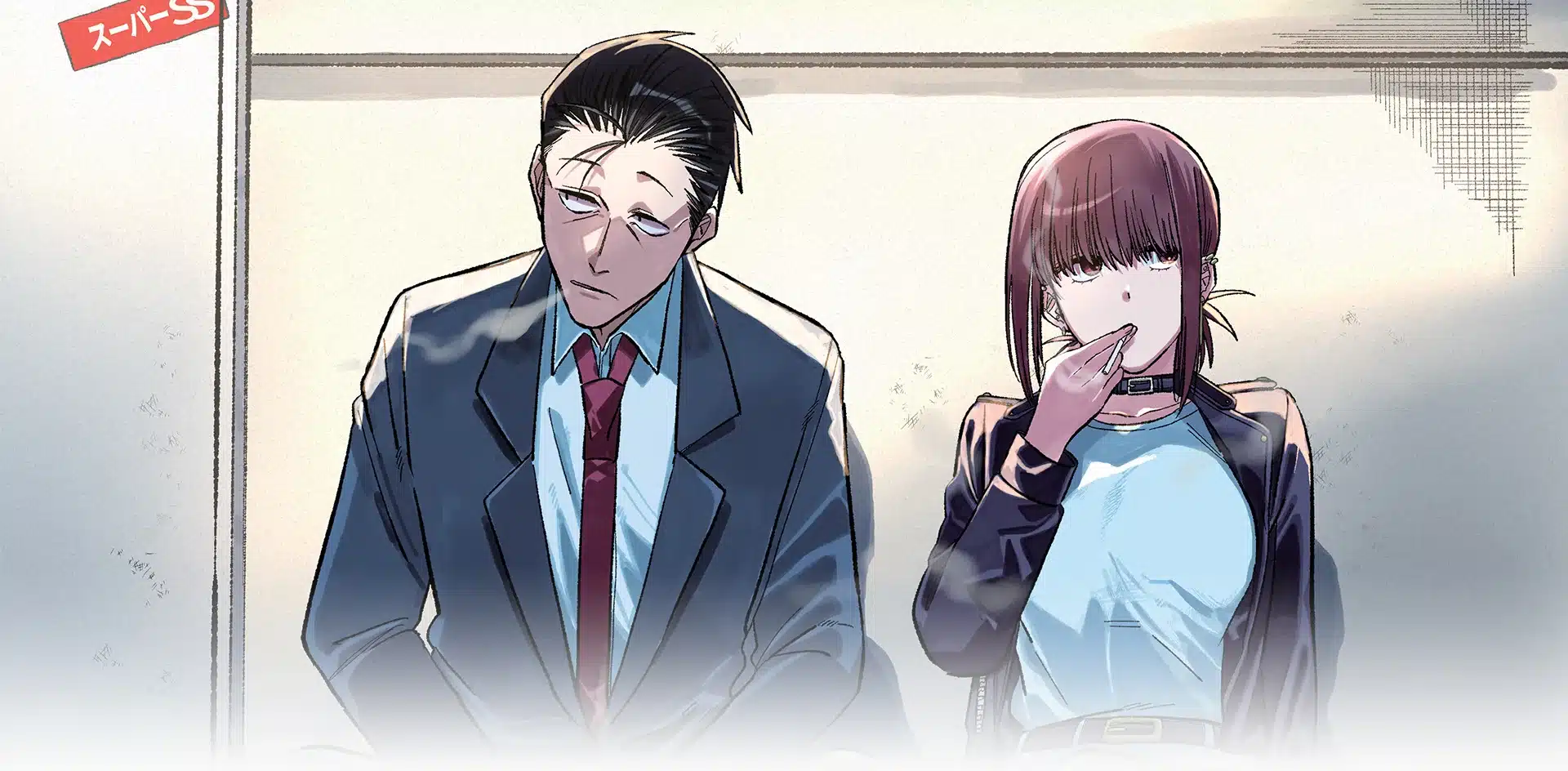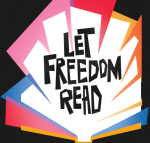
Critics frequently cite manga as being age-inappropriate, violent, indecent, or even pornographic.
According to Moni Barrette, past president of the American Library Association Graphic Novels and Comics Roundtable (GNCRT), public librarian for over 20 years, and currently Content Specialist for eBook library service LibraryPass and ComicsPlus, manga and comics are frequently the target of bans because they are often thought of as being only for kids. In addition, their illustrations can make them easy targets. Bans on manga can be particularly impactful to libraries given the financial burden of maintaining long-running series. Bans on manga in some cases lead to “self-censorship,” in which libraries avoid purchasing books due to fear of challenges, further limiting access.
Compounding the issue are a series of state laws that seek to censor the content available in school libraries, such as Texas Bill HB900.
HB900, which was signed into law in June 2023, seeks to regulate materials that can be sold to school libraries. It requires vendors to rate books regarding sexually explicit and sexually relevant material. The bill was championed by Texas representative Matt Shaheen, who cited the manga Goblin Slayer as an example of an obscene book the bill sought to remove from school libraries, noting that the series contained graphic depictions of rape.
In California, politicians have recently sought to curb censorship in libraries through the passage of AB1078 in September 2023. AB1078 is a bill which seeks to counteract book banning within local school districts.
Based on data collected by PEN America, a non-profit organization whose mission is to protect free expression, and the EveryLibrary Institute, a not-for-profit which conducts and compiles research regarding libraries, volumes from 15 unique manga series were challenged or banned between July 1, 2022 and September 25, 2023. These series received challenges and bans across 15 school districts in Texas, Florida, Missouri, Pennsylvania, Utah, and Kentucky. The four manga series that received the most bans this year include:
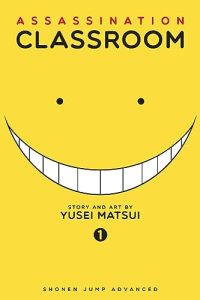
by Yusei Matsui
VIZ Media / Shonen Jump
(21 volumes, complete)
Assassination Classroom drew the ire of several conservative groups earlier this year for its depictions of violence. The series features an alien teacher who encourages his students to assassinate him to prevent the Earth from being destroyed. Critics decried the book for its depictions of violence, which they argued could increase the number of school shootings. Volumes from this series have been formally banned in 6 school districts this year, banned pending investigation in 3 school districts, and removed without a formal ban in 1 school district.

by Kohei Horikoshi
(Ongoing, 35 Volumes)
MY HERO ACADEMIA: SCHOOL BRIEFS
by Kohei Horikoshi and Anri Yoshi
(ongoing, 6 volumes)
VIZ Media / Shonen Jump
My Hero Academia centers around a group of high schoolers who live within a super-powered society while striving to become super heroes. The series and its spin-offs such as the light novel series My Hero Academia: School Briefs by Horikoshi and Anri Yoshi have been censured for being inappropriate and overly sexual for younger readers.

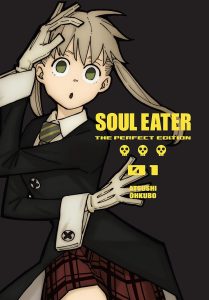
3. SOUL EATER – 2 bans
by Atsushi Ohkubo
Square Enix Manga and Books
(Complete, 25 single volumes, 14+ volumes for “Perfect Edition”)
Soul Eater centers on several groups of students, including individuals with the ability to transform into weapons and those who wield them, on their quest to collect the souls of 99 corrupted humans and one witch. Like My Hero Academia, this manga has been criticized for being inappropriate and overly sexual for younger readers. It features several scenes featuring nudity in the first volume alone. Volumes from Soul Eater have been formally banned in 1 school district this year and removed without a formal ban in a second school district.

by Yana Toboso
Yen Press
(Ongoing, 33 Volumes)
Black Butler follows the story of a 12-year old boy and his demonic butler as they solve crimes in Victorian-era London. While all of the titles on this list are shonen manga series (i.e. series that are predominantly targeted towards young boys ranging from around 8 to 18), Black Butler is geared for readers on the more mature end of the spectrum.
It features darker themes than the other titles on this list and includes plotlines surrounding murder, kidnapping, torture, and child sexual abuse. Volumes from Black Butler have been banned pending investigation in 1 school district this year and removed without a formal ban in a second school district.
11 OTHER MANGA THAT GOT CHALLENGED IN 2023
While receiving far less attention and controversy than other more frequently banned graphic novels in recent years, these popular shonen, shojo, yuri and seinen manga series have each received a single ban or challenge so far in 2023.
- Naruto by Masashi Kishimoto (VIZ Media / Shonen Jump)
- Citrus+ by Saburouta (Seven Seas)
- Gyo by Junji Ito (VIZ Media / VIZ Signature)
- Hama-Kimi: For You In Full Blossom by Hisaya Nakajo (VIZ Media / Shojo Beat)
- Bleach by Tite Kubo (VIZ Media / Shonen Jump)
- Fire Force by Atsushi Ohkubo (Kodansha)
- Fruits Basket by Natsuki Takaya (Yen Press)
- Jojo’s Bizarre Adventure by Hirohiko Araki (VIZ Media / Shonen Jump)
- Spy x Family by Tatsuya Endo (VIZ Media / Shonen Jump)
- D. Gray-Man by Katsura Hoshino (VIZ Media / Shonen Jump)
- Master Keaton by Hokusei Katsushika, Naoki Urasawa, and Takashi Nagasaki (VIZ Media / VIZ Signature)s
Here’s what you can do to fight against book bans in your community
While book banning is on the rise, you don’t have to feel powerless against this trend. Here’s 4 simple ways readers and manga fans can fight back against this tide of challenges to manga in school and public libraries.
ACT LOCALLY – Most book challenges arise at the local level. Individuals can push back against proposed book bans by speaking up at local library and school board meetings or by contacting your State Library Association.
GET HELP FROM NATIONAL ORGANIZATIONS – Additionally, If you become aware of a challenge or book ban in your community, you can report bans and challenges to the American Library Association Office of Intellectual Freedom.
VOTE IN YOUR LOCAL AND STATE ELECTIONS – Your vote matters and can have a lot of impact in local elections for school and library board seats. Visit uniteagainstbookbans.org/vote/ for more info on how you can take action.
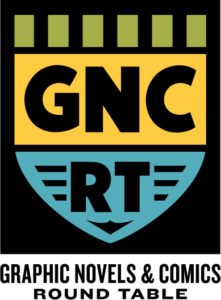
Both organizations offer support, resources and legal advice regarding challenges that affect comics, graphic novels and manga in comics shops, libraries and schools.
The Comic Book Legal Defense Fund has a long history of offering assistance to readers, comic shops and other institutions when they’re faced with legal challenges related to controversial comics.
The American Library Association’s Graphic Novels and Comics Roundtable offers resources, webinars and other support for librarians across N. America. Check out this GNCRT webinar that offers tips for how to handle book bans, censorship and challenges.
For more information regarding how to combat censorship and book banning in your community, please visit uniteagainstbookbans.org.


